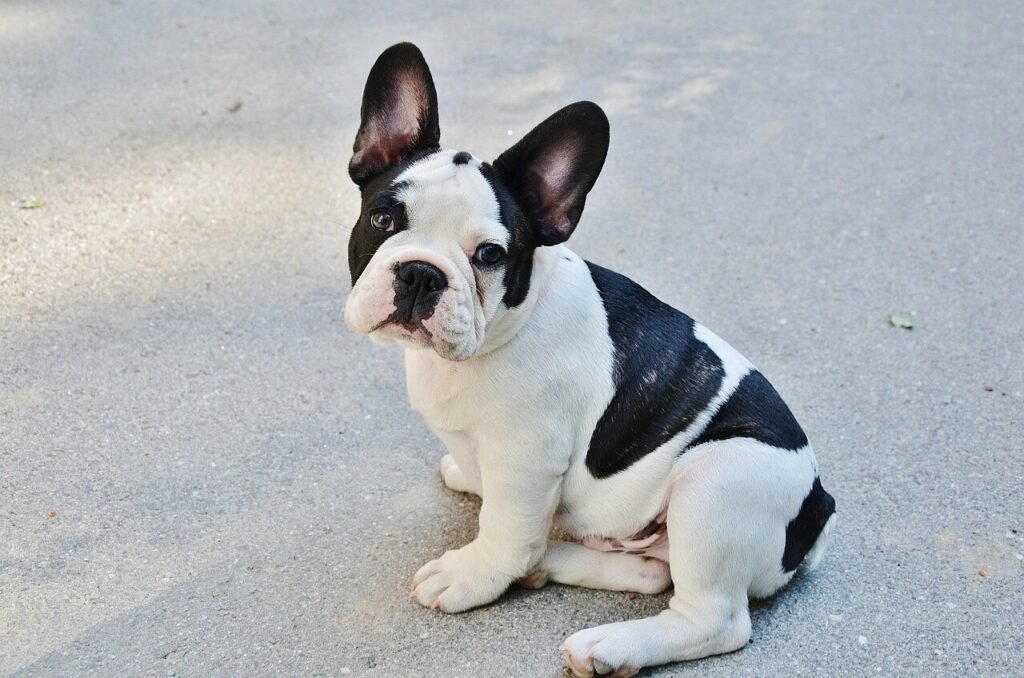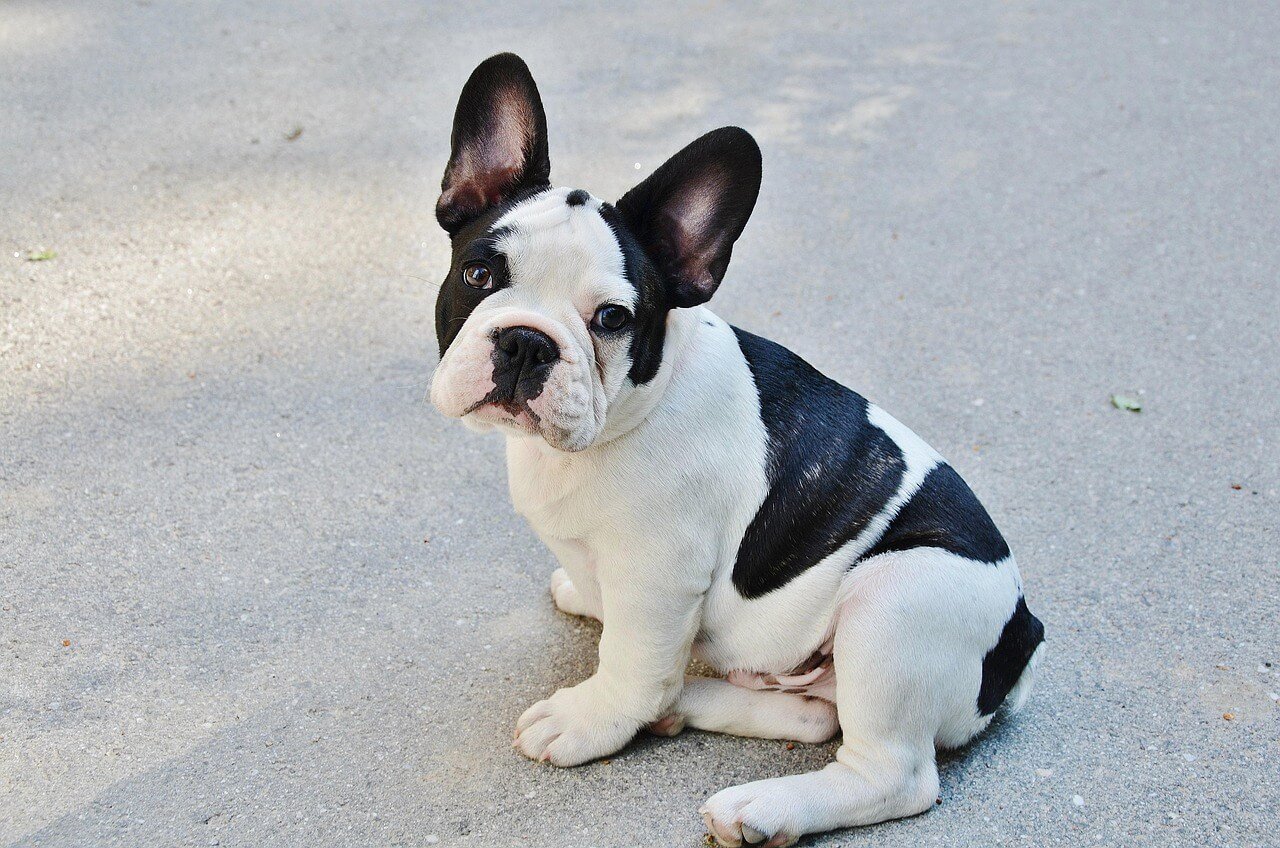Why Does My Dog Bite When Excited? Understanding and Managing This Behavior
Dogs express their emotions in many ways, and for some, excitement can lead to nipping or biting. While this behavior is often unintentional and rooted in playfulness, it can still be concerning or even painful for pet owners. If your dog bites when excited, you’re not alone—this is a common issue that can be addressed with patience and proper training. In this blog post, we’ll explore why dogs bite when they’re excited, how to manage this behavior, and strategies to redirect their energy into more appropriate actions. By the end, you’ll have the tools you need to help your furry friend stay calm and controlled, even in moments of high enthusiasm.
Reasons Why Dogs Bite When Excited
Understanding why your dog bites when excited is the first step toward addressing the behavior. Excitement biting often stems from natural instincts, lack of training, or overstimulation. Here are some common reasons behind this behavior:
Playful Instincts: Many dogs, especially puppies, use their mouths to explore the world and interact during play.
Lack of Bite Inhibition: If a dog hasn’t learned to control the force of their bite, they may nip without realizing it’s inappropriate.
Overstimulation: High-energy situations, such as greeting visitors or playing vigorously, can overwhelm some dogs and trigger biting.
Attention-Seeking Behavior: Biting may be a way for your dog to get your attention, even if it’s negative attention.
Herding or Prey Drive: Breeds with strong herding instincts or prey drive may resort to nipping as part of their natural tendencies.
By identifying the underlying cause, you can tailor your approach to address the specific needs of your dog. Excitement biting is often a phase that can be managed with consistent effort and positive reinforcement.
How to Manage Excitement Biting
Managing excitement biting requires a combination of training, redirection, and patience. With the right techniques, you can teach your dog to control their impulses and replace biting with calmer behaviors. Here are some effective strategies:
Teach Bite Inhibition: Gently yelp or say “ouch” when your dog bites too hard, signaling that it hurts and encouraging them to soften their bite.
Redirect with Toys: Offer a chew toy or tug rope whenever your dog starts to nip, giving them an appropriate outlet for their energy.
Practice Calm Greetings: Train your dog to sit or stay before greeting people, reducing overexcitement during interactions.
Use Positive Reinforcement: Reward calm behavior with treats, praise, or affection to reinforce good habits.
Avoid Rough Play: Refrain from games that encourage mouthing or biting, such as wrestling or using your hands as toys.
With consistent practice, these techniques can help your dog learn to channel their excitement into acceptable behaviors. Patience and consistency are key to success.
Check this guide 👉Why Is My Dog Biting Himself? Best 7 Expert Tips!
Check this guide 👉Why Is My Dog Biting at Their Butt? Best 7 Behavior Tips!
Check this guide 👉Dog Biting its Tail: Best 7 Expert Tips!

Signs of Excitement Biting | How to Address It |
|---|---|
Mouthing or nipping during play | Redirect with toys and reward calmness |
Jumping and biting during greetings | Train sit-stay commands for controlled greetings |
Overly enthusiastic barking | Use calming cues like “quiet” or “settle” |
Biting when overly stimulated | Provide mental stimulation to reduce excess energy |
Nipping during walks or leash pulling | Teach loose-leash walking and focus exercises |
Preventing Excitement Biting in Puppies
Puppies are naturally curious and playful, making them more prone to excitement biting. Early intervention is crucial to prevent this behavior from becoming a long-term issue. Here are some tips to curb excitement biting in puppies:
Socialize Early: Expose your puppy to different people, animals, and environments to help them learn appropriate social behaviors.
Provide Chew Toys: Offer a variety of safe chew toys to satisfy their teething needs and discourage mouthing on hands or clothes.
Set Boundaries: Consistently enforce rules about biting, ensuring everyone in the household follows the same guidelines.
Engage in Structured Play: Use games like fetch or tug-of-war to burn off energy while teaching bite inhibition.
Reward Calm Behavior: Praise and reward your puppy when they remain calm, reinforcing positive habits.
By addressing excitement biting early, you can set your puppy up for success and prevent future behavioral challenges. Prevention is always easier than correction.
Common Mistakes to Avoid When Addressing Excitement Biting
While managing excitement biting, it’s easy to make mistakes that can unintentionally worsen the behavior. Avoiding these pitfalls ensures you’re on the right path to success. Here’s what to avoid:
Using Physical Punishment: Hitting or scolding your dog can increase anxiety and fear, potentially making the behavior worse.
Ignoring the Behavior: Allowing biting to continue without addressing it reinforces the idea that it’s acceptable.
Encouraging Rough Play: Wrestling or using your hands as toys can confuse your dog about when biting is okay.
Inconsistent Training: Mixed messages from family members or inconsistent responses can slow down progress.
Failing to Meet Exercise Needs: Under-exercised dogs may have excess energy, leading to more frequent excitement biting.
By steering clear of these mistakes, you create a supportive environment for your dog to learn and grow. Consistency and positive reinforcement are essential for long-term success.
Signs Your Dog Is About to Bite When Excited
Recognizing the warning signs that your dog is about to bite when excited can help you intervene before the behavior escalates. These signs often indicate overstimulation or a lack of impulse control. Here’s what to look for:
Intense Eye Contact: Your dog may stare intently at you or an object, signaling heightened focus and excitement.
Excessive Jumping: Leaping repeatedly or pawing at you can precede biting as a way to express their energy.
Mouthing or Nipping Lightly: Soft nips or mouthing are often precursors to more intense biting if not redirected.
Whining or High-Pitched Barking: Vocalizations can indicate your dog is overwhelmed and struggling to stay calm.
Tail Wagging with Tension: A wagging tail combined with stiff body language suggests excitement mixed with stress.
By identifying these signs early, you can step in and redirect your dog’s behavior before it turns into biting. Prevention is always easier than managing the aftermath.
Fun Activities to Burn Off Excess Energy
One of the best ways to reduce excitement biting is to ensure your dog gets enough physical and mental stimulation. Engaging them in fun activities can help burn off excess energy and minimize overexcitement. Here are some ideas:
Long Walks or Runs: Daily exercise helps release pent-up energy and keeps your dog physically fit.
Fetch Games: Playing fetch in the yard or park provides both physical activity and mental engagement.
Agility Training: Setting up a simple agility course challenges your dog’s mind and body simultaneously.
Interactive Toys: Puzzle toys or treat-dispensing balls keep your dog entertained while rewarding them for staying focused.
Obedience Drills: Short, fun training sessions reinforce commands and provide mental stimulation.
These activities not only tire your dog out but also teach them self-control, reducing the likelihood of excitement biting. A tired dog is a well-behaved dog.
Benefits of Teaching Calm Behavior
Teaching your dog to remain calm in exciting situations has numerous benefits beyond stopping excitement biting. It improves their overall behavior and strengthens your bond. Here’s what you can expect:
Improved Socialization: A calm dog is more likely to interact politely with people and other animals.
Better Focus During Training: Dogs that learn to stay calm are easier to train and respond better to commands.
Reduced Stress Levels: Teaching calmness helps your dog manage their emotions, leading to a happier and more relaxed pet.
Stronger Bond with You: Working together on calming exercises builds trust and deepens your connection.
Fewer Behavioral Issues: Addressing excitement biting early can prevent other unwanted behaviors from developing.
By focusing on teaching calm behavior, you’re not just solving one issue—you’re setting the foundation for a well-rounded and balanced dog. The effort you put in now will pay off in the long run.
Frequently Asked Questions About Dogs Biting When Excited
Why does my dog bite me when I come home?
Your dog is likely expressing excitement and joy but lacks the skills to greet you calmly.
Is excitement biting dangerous?
While usually harmless, excitement biting can escalate or become problematic if not addressed early.
How long does it take to stop excitement biting?
The timeline varies depending on the dog, but consistent training can show improvement within a few weeks.
Can older dogs learn to stop excitement biting?
Yes, older dogs can learn new behaviors with patience, repetition, and positive reinforcement.
What should I do if my dog bites too hard during play?
Immediately stop the interaction and calmly say “ouch” to signal pain, then redirect with a toy.
In Conclusion: Helping Your Dog Stay Calm and Happy
Excitement biting is a common but manageable behavior that many dogs exhibit. By understanding the reasons behind it and implementing effective training strategies, you can help your dog learn to control their impulses and interact appropriately. Whether you’re working with a playful puppy or an energetic adult dog, patience, consistency, and positive reinforcement are the keys to success. Remember, every dog learns at their own pace, so celebrate small victories along the way. With time and effort, you’ll transform your excitable biter into a calm, well-behaved companion who expresses joy in healthier ways.
Do Cats Have Taste Buds? Best 7 Expert Tips! – Discover how cats experience flavors and why their taste is so unique.
Do Dogs Have Taste Buds? Best 7 Expert Tips! – Discover how dogs experience taste, their preferences, and what it means for their diet and health.
Can Cats Taste Sweet? Best 7 Expert Tips! – Discover why cats can’t taste sweetness, how it affects their diet, and tips to keep them healthy and happy.
Can Dogs Taste Sweet? Best 7 Expert Tips! – Discover how dogs perceive sweetness, which foods are safe, and tips to manage their sweet cravings responsibly.





